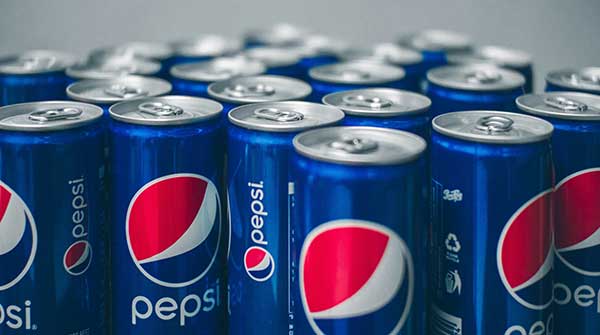Carrefour-PepsiCo dispute underscores the need for a grocer’s code of conduct in Canada to promote transparency in the grocery industry
 French supermarket chain Carrefour is discontinuing the sale of PepsiCo products in its stores across France, Belgium, Spain, and Italy due to price hikes on popular items such as Doritos, Lay’s potato chips, Quaker Oats, Lipton tea, and Pepsi soda.
French supermarket chain Carrefour is discontinuing the sale of PepsiCo products in its stores across France, Belgium, Spain, and Italy due to price hikes on popular items such as Doritos, Lay’s potato chips, Quaker Oats, Lipton tea, and Pepsi soda.
This is referred to as a “stop-sell” or “pause-sell.” A similar situation occurred in Canada in 2022 when Lay’s Chips, owned by PepsiCo Canada, temporarily severed ties with Loblaw, though that dispute was eventually resolved.
However, Carrefour’s decision, coming from one of the world’s largest grocery chains, is notable for several reasons.
First, Carrefour’s choice to discontinue PepsiCo-branded products follows a recent “blame and shame” campaign it led, where they placed signs in their stores next to products that had experienced “shrinkflation” (where the volume decreased while prices remained the same).
Rather than dealing with complaints, Carrefour publicly criticized companies upstream in the supply chain. Notably, their campaign did not include Carrefour’s own privately labelled products, which were also subject to shrinkflation. Carrefour is positioning itself as a protector against food inflation, aligning with consumer interests.
The decision to stop selling PepsiCo products is also driven by food inflation in Europe, which has been more severe than in Canada in recent months. Carrefour wants to make it clear to customers in their stores why they will no longer stock Doritos, Lay’s potato chips, Quaker Oats, Lipton tea, and Pepsi soda, emphasizing the importance of affordable pricing. This boycott has significant implications for PepsiCo, affecting all European countries where Carrefour operates.
While “stop-sells” or “pause-sells” occur regularly in the industry, they often go unnoticed. Someone leaked this news to the media, drawing global attention, as happened during the Lay’s-Loblaw dispute in Canada a few years ago.
For PepsiCo, this development is of concern. While some may view their products as lacking health benefits, suppliers, particularly farmers, are now questioning their relationship with PepsiCo. Suppliers may need time to pivot and supply other companies, which can impact the food industry.
While it’s challenging to muster sympathy for PepsiCo given its recent profitability, Carrefour appears to be taking an aggressive stance against its suppliers, aiming to assert control over its supply chain. This is the underlying motive behind the “stop-sell” decision. Carrefour boasts an impressive portfolio of privately labelled food products, enabling it to readily fill the gaps left by PepsiCo in various market segments.
Consumers may not experience immediate disruptions, but Carrefour’s actions will gradually reduce consumer choices and diminish competition throughout the food supply chain. Over time, consumers will undoubtedly feel the impact.
It’s worth noting that Canada has its counterparts to Carrefour in Loblaw and Walmart. However, the situation in Canada is more challenging. Within the Canadian food distribution landscape, Loblaw likely wields approximately 10 times the influence and power that Carrefour holds in Europe, at the very least.
Both Loblaw and Walmart frequently achieve their desired outcomes, largely escaping public scrutiny. Stop-sell incidents are commonplace in Canada, often occurring without public awareness. While a dispute with PepsiCo garners attention-grabbing headlines, numerous smaller Canadian-owned suppliers also contend with challenges imposed by grocery giants, and their voices are seldom heard.
This underscores the pressing need for a grocer’s code of conduct in Canada, which would promote transparency and fairness within the industry and address practices that hinder healthy competition.
For the Canadian public, such a code would enable a regulatory agency to release an annual report revealing instances of bullying within the industry and addressing practices that stifle competition. This transparency is essential to promoting a fair and competitive marketplace.
That is the true moral authority Canadians need within the food industry.
Dr. Sylvain Charlebois is senior director of the agri-food analytics lab and a professor in food distribution and policy at Dalhousie University.
For interview requests, click here.
The opinions expressed by our columnists and contributors are theirs alone and do not inherently or expressly reflect the views of our publication.
© Troy Media
Troy Media is an editorial content provider to media outlets and its own hosted community news outlets across Canada.


